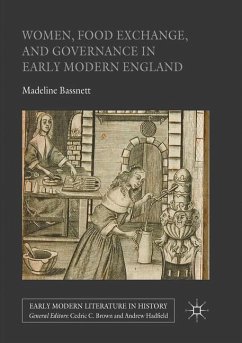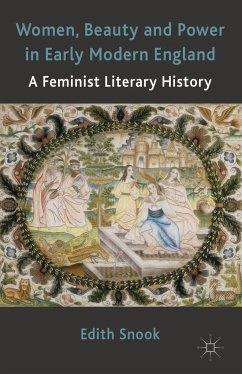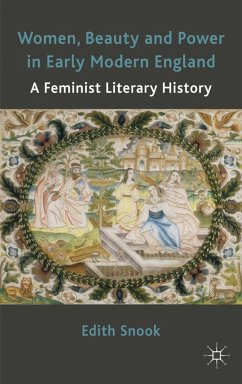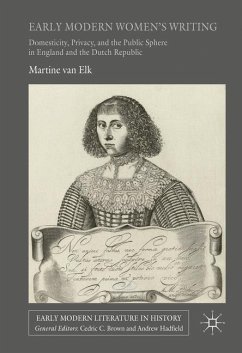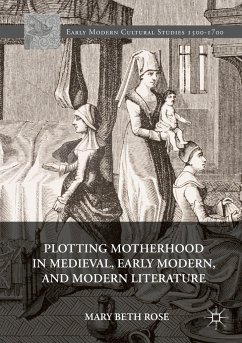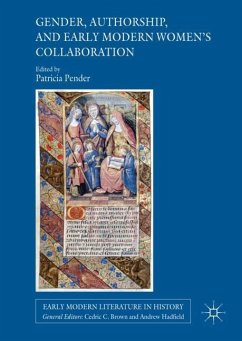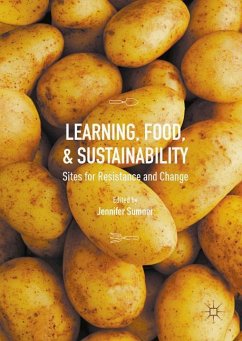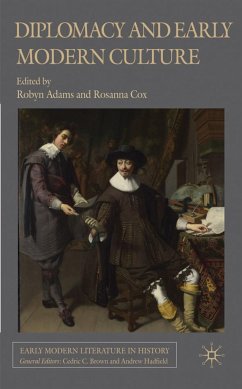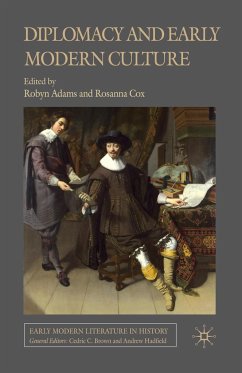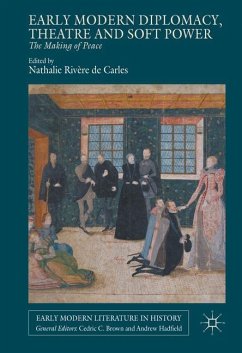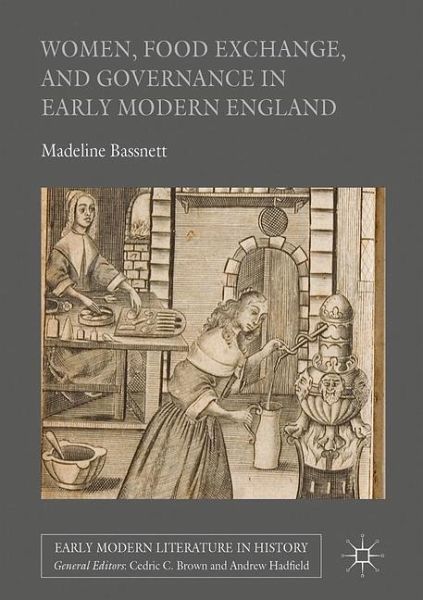
Women, Food Exchange, and Governance in Early Modern England
Versandkostenfrei!
Versandfertig in 6-10 Tagen
76,99 €
inkl. MwSt.
Weitere Ausgaben:

PAYBACK Punkte
38 °P sammeln!
This book is about the relationship of food and food practices to discourses and depictions of domestic and political governance in early modern women's writing. It examines the texts of four elite women spanning approximately forty years: the Psalmes of Mary Sidney Herbert, Countess of Pembroke; the maternal nursing pamphlet of Elizabeth Clinton, Dowager Countess of Lincoln; the diary of Margaret, Lady Hoby; and Mary Sidney, Lady Wroth's prose romance, Urania. It argues that we cannot gain a full picture of what food meant to the early modern English without looking at the works of women, who...
This book is about the relationship of food and food practices to discourses and depictions of domestic and political governance in early modern women's writing. It examines the texts of four elite women spanning approximately forty years: the Psalmes of Mary Sidney Herbert, Countess of Pembroke; the maternal nursing pamphlet of Elizabeth Clinton, Dowager Countess of Lincoln; the diary of Margaret, Lady Hoby; and Mary Sidney, Lady Wroth's prose romance, Urania. It argues that we cannot gain a full picture of what food meant to the early modern English without looking at the works of women, who were the primary managers of household foodways. In examining food practices such as hospitality, gift exchange, and charity, this monograph demonstrates that women, no less than men, engaged with vital social, cultural and political processes.



